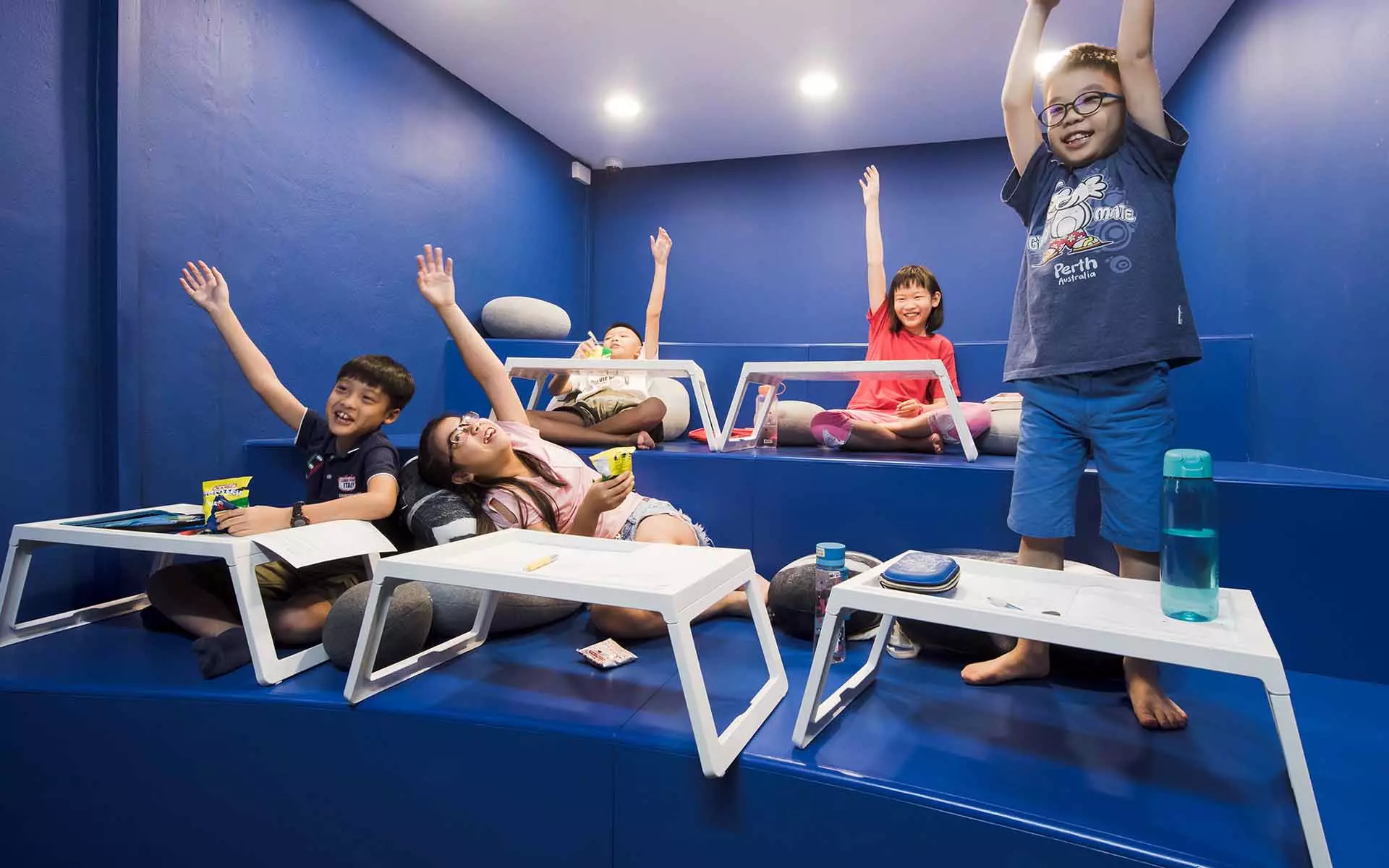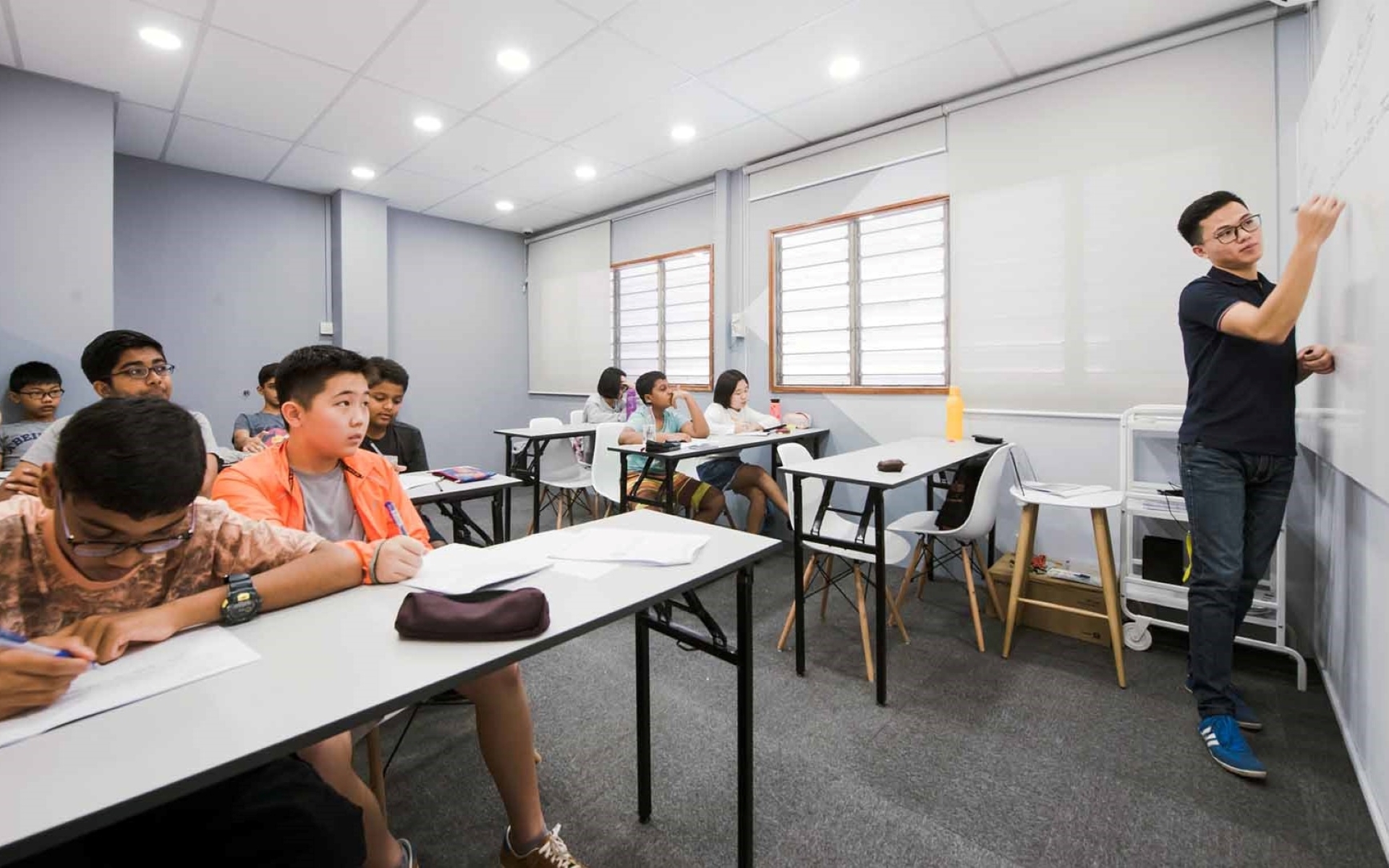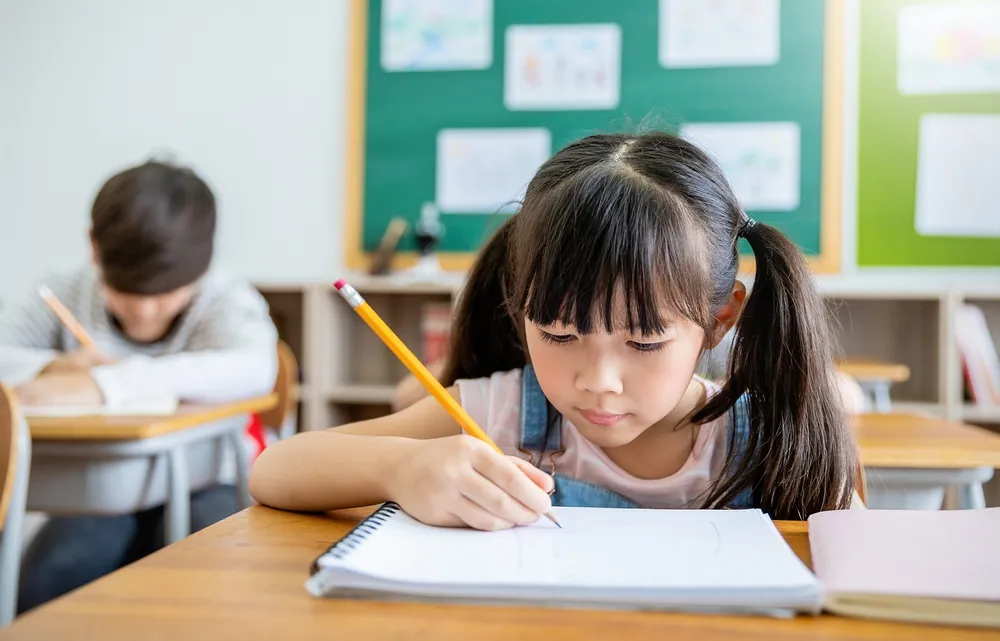Understanding Gifted Education: An Overview
Benefits of Gifted Education
Singapore’s Gifted Education Programme (GEP) is designed to meet the needs of intellectually gifted students by offering an enriched and differentiated curriculum. Rather than simply accelerating academic content, the GEP challenges students through greater depth, complexity, and critical thinking. It encourages learners to question, explore, and create—developing both cognitive abilities and a lifelong love for learning.
At the same time, the GEP focuses on holistic development. Alongside academic growth, it nurtures students’ emotional and social well-being, helping them build resilience, empathy, and purpose. In this article, we take a closer look at what the GEP curriculum entails and what parents can expect from their child’s learning journey.
Primary Schools Offering the Programme
The GEP is currently available in nine primary schools across Singapore: Raffles Girls’ Primary School, Henry Park Primary School, Nan Hua Primary School, St Hilda’s Primary School, Nanyang Primary School, Rosyth School, Catholic High School (Primary Section), Anglo-Chinese School (Primary), and Tao Nan School.
These schools were selected for their ability to implement a curriculum that goes beyond the standard syllabus. Each school works closely with the Ministry of Education’s Gifted Education Branch to ensure consistency, while retaining flexibility to innovate and adapt based on their student profiles. This balance enables schools to tailor the learning experience for high-ability learners in both academic and affective domains.
Curriculum Structure: Depth Over Speed
At the heart of the GEP is a curriculum that prioritises depth of understanding over pace. Subjects such as English, Mathematics, and Science are taught with a focus on higher-order thinking, problem-solving, and creativity. Students explore topics in greater detail, make interdisciplinary connections, and engage in authentic learning experiences.
Programmes such as the Primary Mathematics Masterclass and the Science Research Programme offer students the chance to apply their knowledge to real-world challenges. They also develop essential skills such as research, collaboration, and independent inquiry—preparing them for future academic demands.
Learning Environment and Enrichment Opportunities
Course Offerings and Application Guidelines
GEP classrooms are structured to support inquiry-based learning and intellectual exploration. Lessons are typically interactive and student-centred, incorporating small-group discussions, hands-on experiments, and open-ended tasks.
Schools also collaborate with institutions such as the National Library Board and local universities to enrich the curriculum further. These partnerships expose students to mentorship opportunities, advanced academic tools, and a broader range of resources that extend their learning beyond the classroom.
Time Allocation Within the Curriculum
Curriculum time in GEP schools is deliberately structured to allow for content, process, and product enrichment. This means students not only learn more advanced material but also engage with it in deeper and more meaningful ways. Activities such as project-based learning and independent study are built into the weekly timetable.
Time is also allocated for subjects like social sciences, affective education, and English enrichment. These components aim to foster well-rounded development—supporting both the academic and emotional needs of gifted students.
Teacher Training and Professional Development
Teachers in the GEP undergo specialised training to meet the needs of gifted learners. They are taught how to design differentiated lessons, manage the emotional sensitivities of high-ability students, and guide them in building both academic and personal strengths.
Continuous professional development is integral to the programme. The Gifted Education Branch works closely with schools to ensure educators remain up to date with the latest research, tools, and pedagogical strategies in gifted education. This ensures that students receive quality instruction that evolves with their learning needs.
Assessment and Academic Growth
Assessment in the GEP goes beyond traditional tests. Students are evaluated using a combination of written tasks, oral presentations, research projects, and reflective assignments. This approach captures a more holistic picture of a student’s strengths and development.
Teachers provide regular feedback focused on growth, encouraging students to reflect on their learning journey and set personal goals. The emphasis is on self-directed learning and progress rather than competition or grades alone.
The Role of Parents and the Wider Community
Parental involvement is vital in supporting GEP students. Parents are encouraged to stay engaged through school briefings, workshops, and ongoing communication with teachers. Understanding the curriculum allows families to provide the right kind of academic and emotional support at home.
Beyond the household, the GEP also collaborates with community organisations to create meaningful enrichment opportunities. These partnerships expose students to mentorships, research projects, and public engagement programmes—fostering a stronger sense of curiosity and contribution to society.
Common Challenges for GEP Students
Despite its many benefits, the Gifted Education Programme also presents challenges. Students may feel pressure to maintain high academic standards or experience stress due to perfectionism. If left unaddressed, this can impact their motivation and well-being.
Social challenges are also not uncommon. Gifted students may find it difficult to connect with peers who have different learning styles or interests. Schools acknowledge these concerns and implement support systems, including counselling, pastoral care, and affective education lessons to help students manage stress and form healthy relationships.
Support Systems and Emotional Development
A strong emphasis on emotional and social support is embedded into the GEP framework. Trained counsellors and teachers work together to monitor students’ well-being and provide guidance when needed. The curriculum also includes affective education modules that teach students skills such as emotional regulation, empathy, and resilience.
Community partnerships further enhance this support. Collaborations with universities and national bodies give students the chance to explore interests in a low-stress, high-engagement environment—helping them stay motivated and emotionally balanced.
Long-Term Benefits of the GEP
Students in the Gifted Education Programme are given the opportunity to work at a level that matches their intellectual abilities. This keeps them engaged and motivated, reducing the risk of boredom or underachievement.
They develop advanced thinking skills, self-directed learning habits, and academic confidence—traits that serve them well in secondary school, tertiary education, and beyond. More importantly, the GEP equips students with the ability to think critically, work collaboratively, and approach challenges with resilience. These attributes are crucial in today’s rapidly changing world, where adaptability and problem-solving are more valuable than rote knowledge.
Final Thoughts: Stretching Minds, Building Character
The Gifted Education Programme provides a rich, challenging, and supportive environment for high-ability learners in Singapore. Its curriculum goes beyond textbook learning, empowering students to think deeply, question boldly, and grow holistically.
However, the GEP is not without its complexities. It demands thoughtful preparation, strong support structures, and a balance between academic achievement and emotional well-being. With the right guidance, gifted students can thrive—not only in exams but in how they understand themselves and the world around them.
At Terry Chew Academy, we understand the importance of building strong problem-solving habits and nurturing a mindset of resilience and curiosity. Through our Olympiad-style Mathematics programmes, we support students who are passionate about challenging themselves and thinking beyond the syllabus. For gifted learners, this foundation provides the critical thinking and confidence needed to thrive—whether within the GEP or in any high-level academic pursuit.

 Like us
Like us



